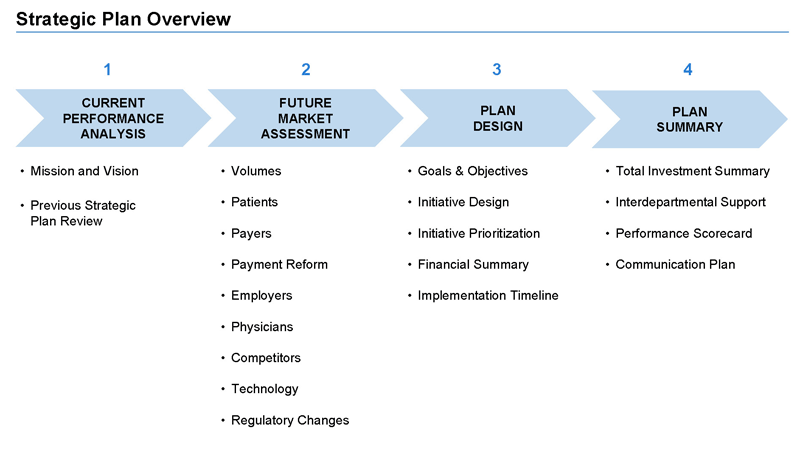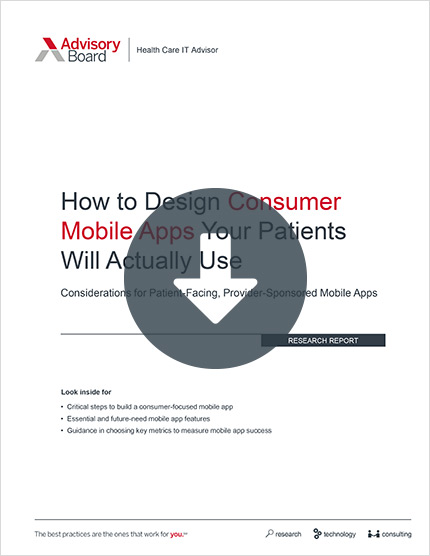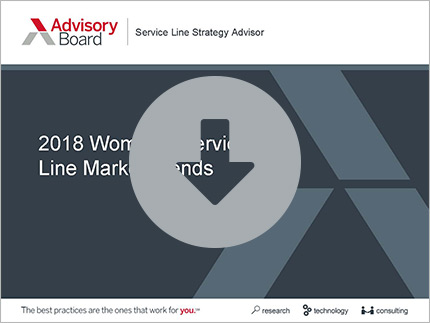Auto logout in seconds.
Continue LogoutFDA last week approved a mobile app called Natural Cycles as a method of contraception, but some women's health experts have raised concerns about whether the app is an effective tool to prevent pregnancy, Inside Health Policy reports.
Get ready-to-use slides on women's health market trends for 2018
About the app
FDA in a release said it has "permitted marketing of the first mobile medical application … that can be used as a method of contraception to prevent pregnancy."
According to FDA, the app "contains an algorithm that calculates the days of the month a woman is likely to be fertile based on daily body temperature readings and menstrual cycle information, a method of contraception called fertility awareness." To use the app properly, women must take their temperatures daily immediately upon waking up in the morning using a basal body thermometer, which comes with the app, and enter their temperatures into the app. Women also must enter data on their menstrual cycles into the app, which the app will then track.
FDA said the app will tell women when they should use protection based on the days when "they're more likely to be fertile." The agency said, "Women using the app for contraception should abstain from sex or use protection (such as a condom) when they see 'use protection' displayed on the app."
According to FDA, clinical studies on 15,570 women have shown that the "app had a 'perfect use' failure rate of 1.8%, which means 1.8 in 100 women who use the app for one year will become pregnant because they had sexual intercourse on a day when the app predicted they would not be fertile or because their contraceptive method failed when they had intercourse on a fertile day." FDA said the "app had a 'typical use' failure rate of 6.5%, which accounted for women sometimes not using the app correctly by, for example, having unprotected intercourse on fertile days."
FDA said the app "is intended for use in pre-menopausal women aged 18 and older." The agency said women with medical conditions that would present a significant risk to them or a fetus if they become pregnant, as well as women using contraceptives that inhibit ovulation, should not use the app. FDA noted that the app does not protect against sexually transmitted infections.
Terri Cornelison, assistant director for the health of women at FDA's Center for Devices and Radiological Health, said, "Consumers are increasingly using digital health technologies to inform their everyday health decisions, and this new app can provide an effective method of contraception if it's used carefully and correctly."
Juan Acuña, a specialist in obstetrics and gynecology at Florida International University and an adviser to Natural Cycles, said the app "helps fill a vacuum in the world of natural contraception."
According to the Washington Post, the app costs $79.99 annually.
Experts raise concerns
However, some women's health experts have raised concerns about whether the app is an effective form of contraception.
According to Inside Health Policy, Cindy Pearson, executive director of the National Women's Health Network, and Jennifer Conti, a clinical assistant professor of obstetrics and gynecology at Stanford University and a fellow at Physicians for Reproductive Health, have said there is pervasive agreement among those in the women's health field that although fertility awareness is an effective way for women to track their menstrual cycles, the method has a high failure rate as a contraceptive when compared with other methods, such as birth control pills and implanted contraceptives.
Inside Health Policy reports that the app is being investigated in both Sweden and the United Kingdom because of reports that women became pregnant while using it. FDA spokesperson Deborah Kotz said, "We reached out to the Swedish authorities and feel that the information regarding the pregnancies in Sweden is consistent with our knowledge concerning the pregnancy risks associated with use of this device." Kotz added, "No method of birth control is 100% effective, and we encourage health care providers and women to discuss all options for contraception to choose the best option for them."
Conti said one reason fertility awareness has a relatively high failure rate as a contraceptive method is because women often have irregular menstrual cycles.
Lauren Streicher, a professor of clinical obstetrics and gynecology at Northwestern University's Feinberg School of Medicine, said, "What we know about reliable contraception is that it can't be user-dependent." She continued, "The minute you rely on action, the efficacy goes down. So take something like this and you know the failure rate is [going to be] be sky-high."
For its part, FDA said it will require Natural Cycles to include labeling for the app that details the "effectiveness of the application as a stand-alone contraceptive and how this effectiveness compares to other forms of legally marketed contraceptives" (Roza, Inside Health Policy, 8/10 [subscription required]; FDA release, 8/10; Siegel, Washington Post, 8/14; Bowden, The Hill, 8/14; Lieber, Vox, 8/14).
Get ready-to-use slides on women's health market trends for 2018
Want the latest information for your next women's health services meeting? We updated our most popular slides on women's health updated with the latest market trends in 2018.
This ready-to-use presentation covers everything from growth outlook and financial considerations to new care management priorities and technology innovations.
Don't miss out on the latest Advisory Board insights
Create your free account to access 1 resource, including the latest research and webinars.
Want access without creating an account?
You have 1 free members-only resource remaining this month.
1 free members-only resources remaining
1 free members-only resources remaining
You've reached your limit of free insights
Become a member to access all of Advisory Board's resources, events, and experts
Never miss out on the latest innovative health care content tailored to you.
Benefits include:
You've reached your limit of free insights
Become a member to access all of Advisory Board's resources, events, and experts
Never miss out on the latest innovative health care content tailored to you.
Benefits include:
This content is available through your Curated Research partnership with Advisory Board. Click on ‘view this resource’ to read the full piece
Email ask@advisory.com to learn more
Click on ‘Become a Member’ to learn about the benefits of a Full-Access partnership with Advisory Board
Never miss out on the latest innovative health care content tailored to you.
Benefits Include:
This is for members only. Learn more.
Click on ‘Become a Member’ to learn about the benefits of a Full-Access partnership with Advisory Board
Never miss out on the latest innovative health care content tailored to you.



